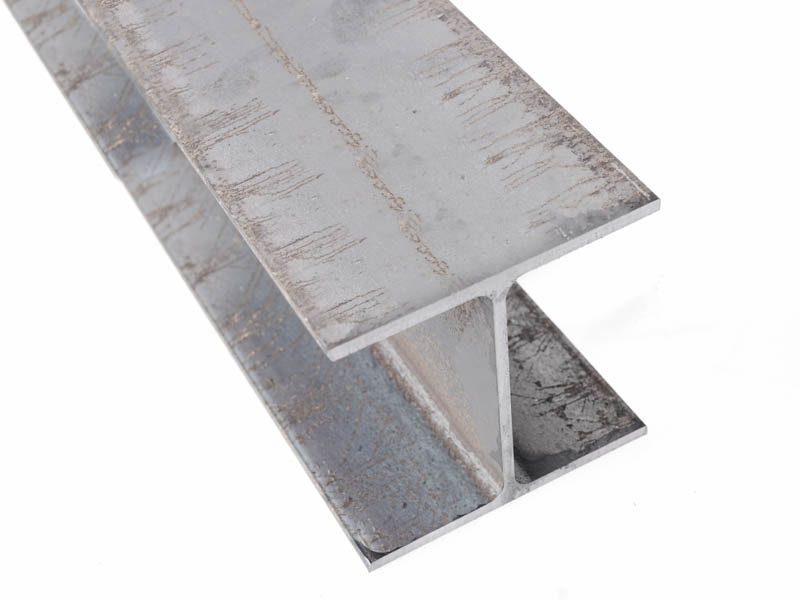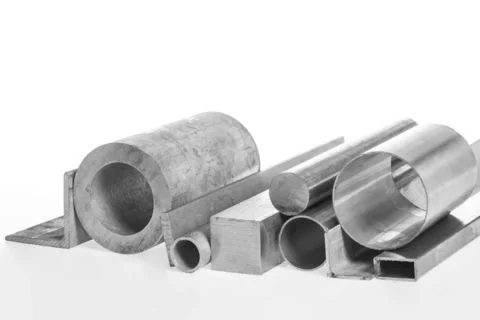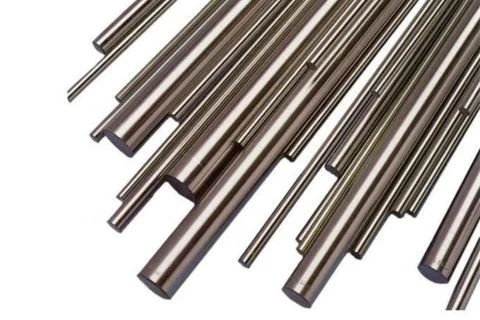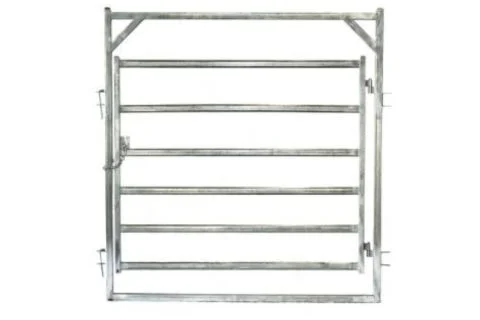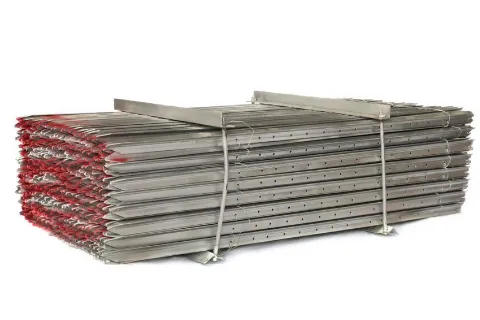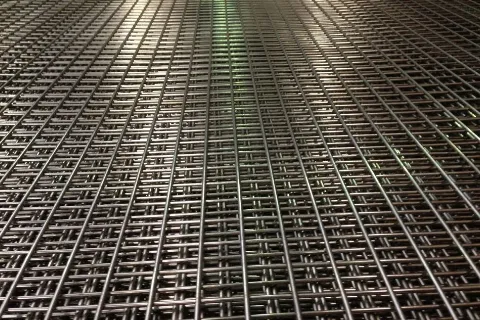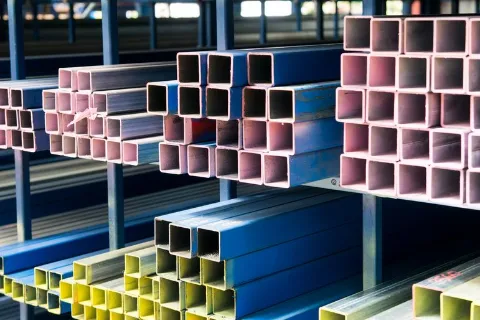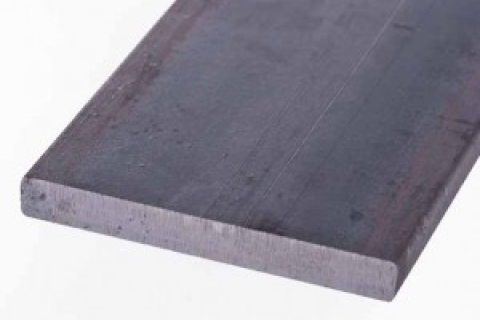Castor wheel types: which is best?
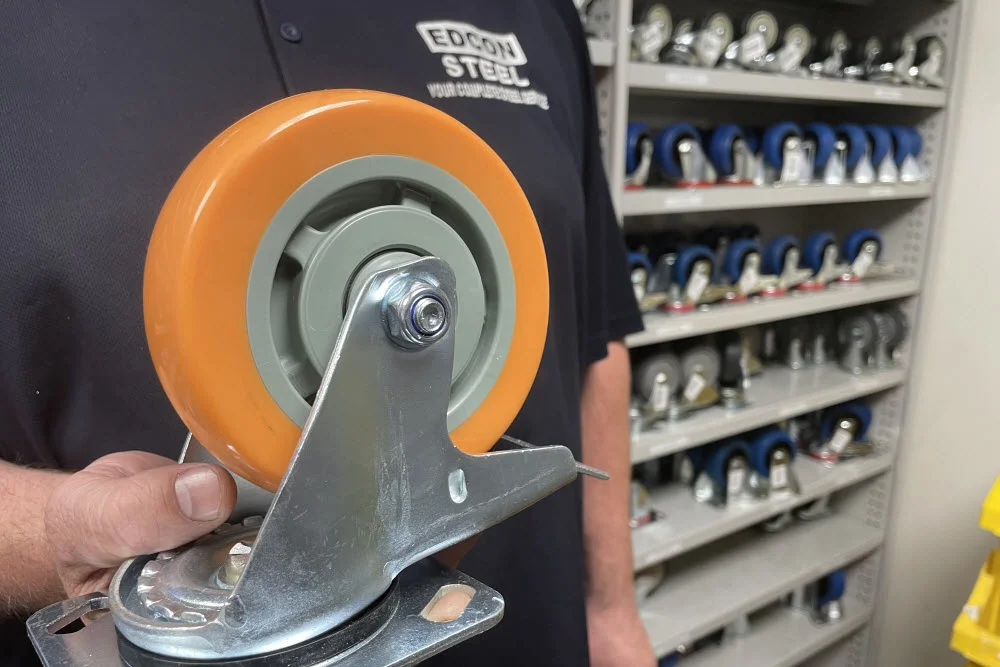
Consisting of a wheel and a mount, castor wheels make moving equipment easier.
Available in a range of different materials, sizes, tread widths, load ratings and overall heights, castor wheels give your equipment mobility and reduce user strain.
When deciding which type of castor wheel is best for your needs, you will need to consider a number of factors, including load weight, environmental considerations (e.g. will castor wheels come into contact with oils or chemicals), moving surfaces, braking requirements and so on.
Here, we discuss the different types of castor wheels and their uses.
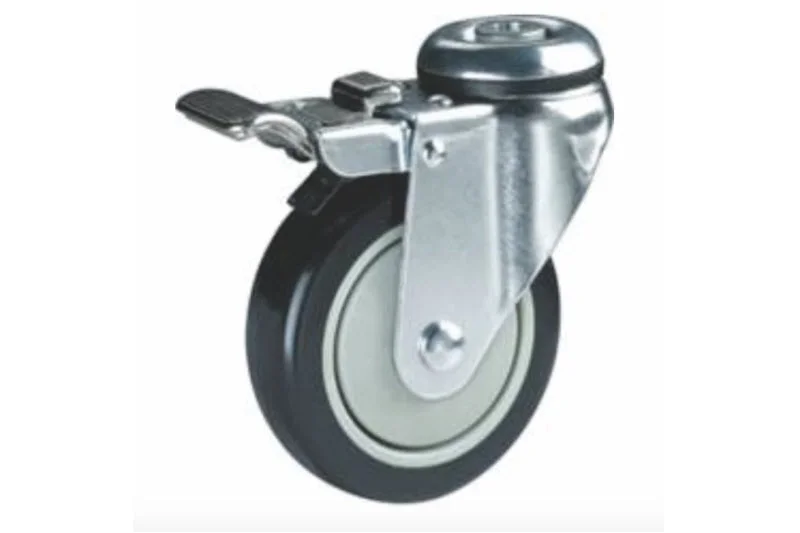
Mount type
Edcon Steel stocks a range of castor wheels with both plate and bolt-on mounts.
Castors with bolt-on mounts are generally fixed to the base of the equipment using a single fastener, which screws into the centre of the castor swivel head.
Quite practical and simple to install, bolt-on castors are appropriate for equipment with smaller bases, such as tables with slim legs. All bolt-on castors have a swivel design, which makes them perfect for equipment that you will need to rotate.
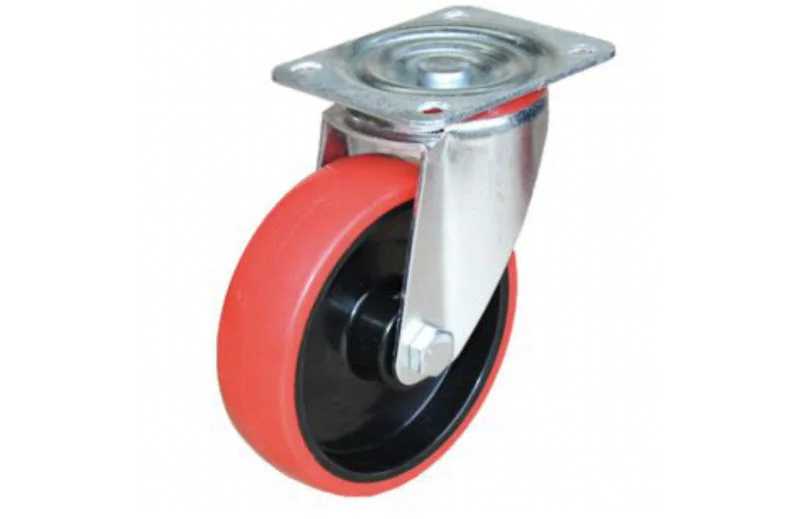
However, bolt-on castors are not suitable if you need fixed/rigid castors, require a lot of stability or are moving heavy loads.
Plate castors, however, can carry larger and heavier loads as the built-in metal plate with four bolt holes spreads the weight evenly over the castor head. There is an array of plate castors available at Edcon Steel, which feature plates and bolt holes of different sizes.
Plate castors also have increased stability, which makes them the most suitable for uneven surfaces.
You can also buy swivel or fixed castor wheels with plate mounts, depending on the amount of manoeuvrability you require.
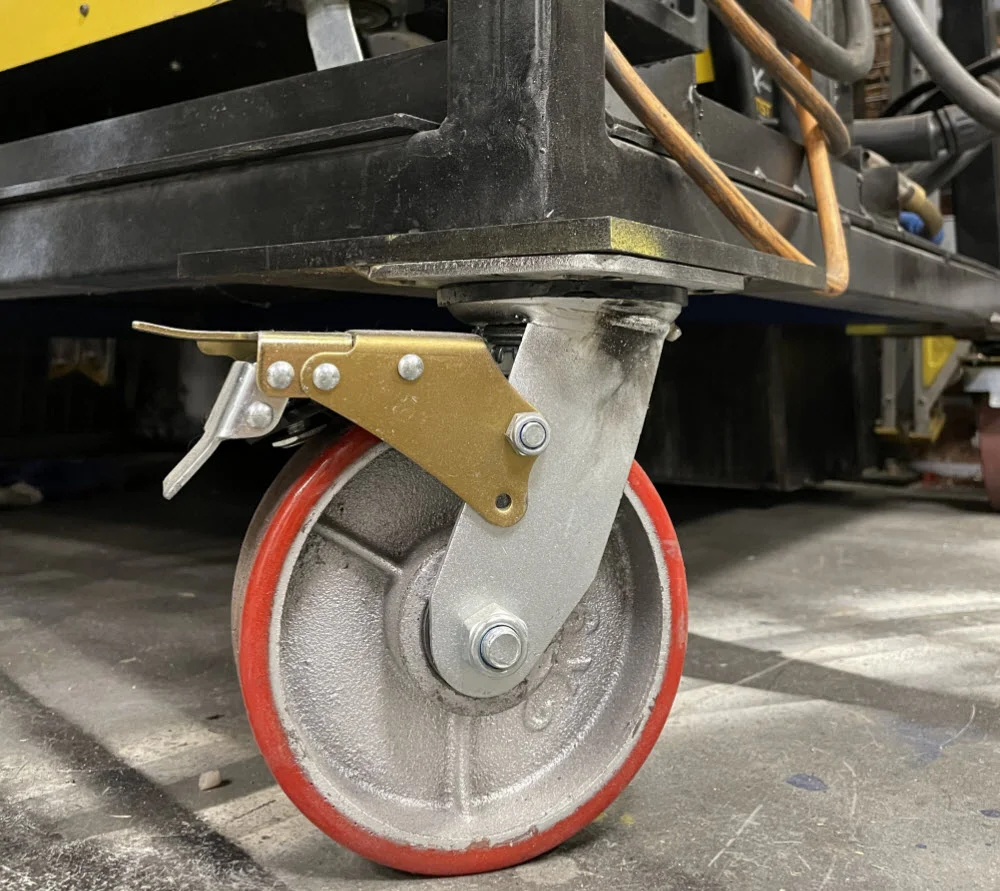
Fixed or swivel?
When choosing castors, it is important to consider manoeuvrability and whether you require fixed or swivel castors.
Fixed castors, also known as rigid castors, are only able to roll forwards and backwards in a straight line.
While they can’t move around corners, they are generally stronger than swivel castors and can support heavier loads. If you are using fixed castors, it is vital that you align them all in the same direction.
Swivel castors are preferrable if manoeuvrability is important. Able to rotate in a full circle, swivel castors can turn corners and move sideways.
However, they can be more difficult to move in a straight line.
Combining fixed castors on the front of equipment with swivel castors on the back can be a good solution for equipment that you will need to move in straight lines and around corners.
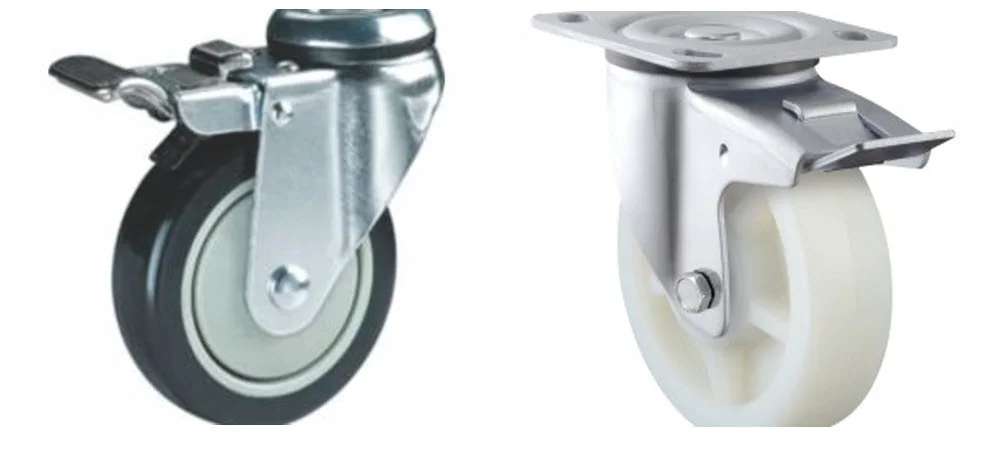
Wheel material
Castor wheel materials are essential to consider as they will influence ergonomics, durability, noise and load capacity.
Generally, castor wheels made from harder materials will be easier to start moving than those with wheels made from softer materials, as they have lower starting resistance.
This is particularly important for particularly heavy loads. Harder materials also have less rolling resistance, which means it takes less force to keep them moving at a constant speed.
Those using harder materials, like nylon castors, are great for withstanding solvents, corrosive environments and temperature extremes. Urethane castors, short for polyurethane, are great for easy-rolling wheels that cushion loads, protect floors and offer superior chemical resistance.
Castor wheels made from softer materials, like rubber, are generally quieter and more comfortable to use because they transmit less vibration. They can also help preserve soft floor materials, such as hardwood or tile, which harder wheels can easily damage.
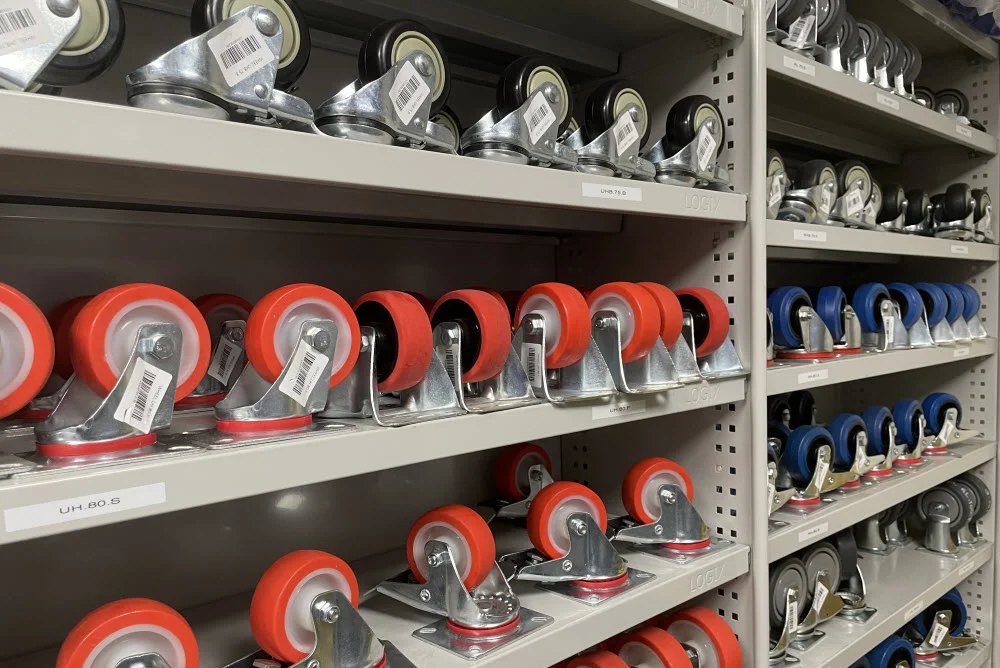
Wheel size
The diameter (height including mount) and width of the castor wheel will affect load capacity, manoeuvrability and stability.
Castor wheels with greater diameter and width will generally have lower starting resistance and rolling resistance, which means it is easier to move them.
They also have a greater load capacity and are quieter.
However, wheels with greater diameter also raise the height of the equipment, which can make it less stable, particularly if you will need to stack heavier loads on top of the equipment.
Are you looking for complete steel solutions?
We also pride ourselves on our level of customer service and the depth of our local market knowledge. Our experienced staff will provide insight and support on all of our steel, metal and industrial products.
Whether you are in-store to browse the range or pick up an online order, our staff are on hand to answer any questions you have about our full range of products and services, so feel free to contact us for your steel or metal solution today.

